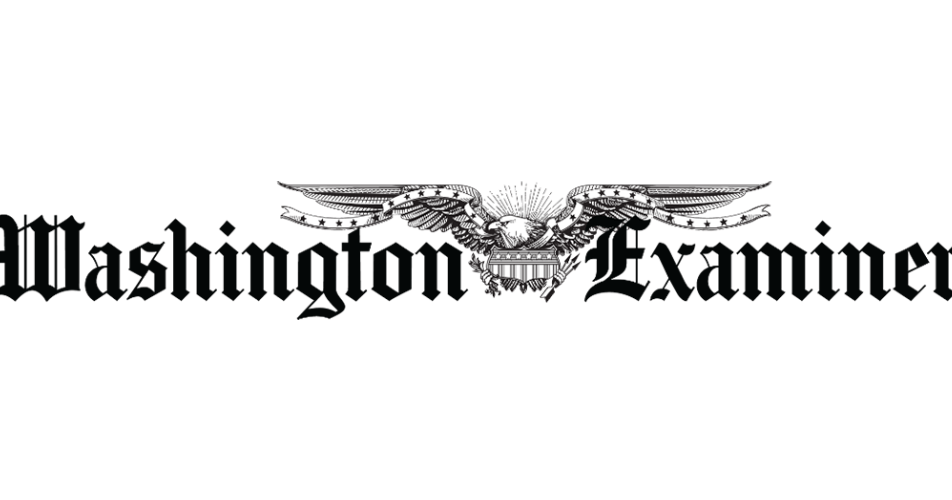The Secret Service received a warning about a potential threat to then-candidate Donald Trump just ten days before a shooting incident at a campaign rally in Butler, Pennsylvania. According to a report released by the Government Accountability Office (GAO) on Saturday, the agency failed to share this critical information with local law enforcement responsible for securing the event.
On July 13, 2024, a 20-year-old gunman opened fire during Trump’s rally, hitting him and killing attendee Corey Comperatore while injuring two others. The shooter was subsequently killed by a counter-sniper. The GAO report, requested by Senator Chuck Grassley (R-IA), highlighted significant security lapses in the lead-up to this alarming incident.
The document characterized the Secret Service’s oversight as a failure to communicate vital threat information to state and local officials. It criticized the agency for lacking a standardized process to disseminate classified information regarding threats that were not considered immediate. Grassley emphasized the report’s findings, stating, “One year ago, a series of bad decisions and bureaucratic handicaps led to one of the most shocking moments in political history.”
The report revealed that senior Secret Service officials were aware of a potential threat against Trump but did not relay this information effectively to those involved in security planning for the rally. The GAO noted, “Due to the Secret Service’s siloed practice for sharing classified threat information, local law enforcement personnel… were unaware of the threat.”
In response to these revelations, Representative Anna Paulina Luna (R-FL) suggested on Fox News that the negligence displayed by the Secret Service could be indicative of intentional actions, claiming that the circumstances surrounding the shooting “reek of an inside job.”
The GAO report outlined multiple procedural errors, including misallocation of resources and insufficient training for agents. It made eight recommendations aimed at improving the Secret Service’s operational protocols. These recommendations include developing checklists to clarify agent roles during events and implementing systems to ensure that actionable threat information is shared effectively among personnel responsible for event security.
The Secret Service announced on Thursday that it would impose disciplinary measures on six agents involved in the Butler incident, with suspensions ranging from 10 to 42 days without pay. This decision followed an extensive internal review initiated after the shooting, which marked the first assassination attempt on a current or former U.S. president since 1981.
Grassley further criticized the agency for its lack of accountability on the day of the incident. Security responsibilities were shared between Trump’s personal security detail and agents from the Secret Service’s Pittsburgh office, yet reviews revealed poor communication among all parties involved.
The GAO’s recommendations aim to address these significant lapses in security protocols. They call for the establishment of a process that manages risks by consistently sharing known threat information when allocating resources for protected events. Additionally, the report stresses the need for documented training requirements for authorized Secret Service operators and suggests that a capability assessment be conducted to identify potential communication challenges prior to large events.
As the Secret Service grapples with the fallout from the Butler shooting, the agency now faces pressure to implement meaningful changes that will enhance the safety and security of high-profile individuals in the future.
